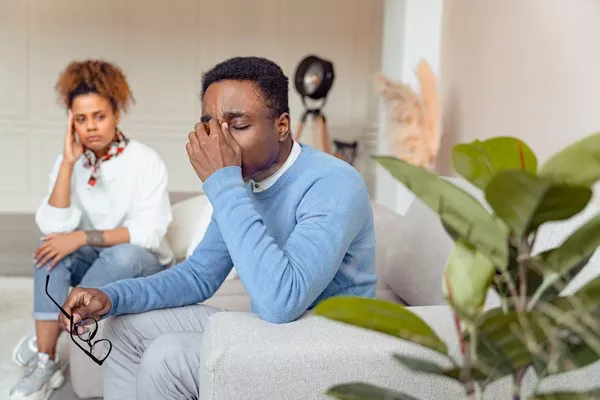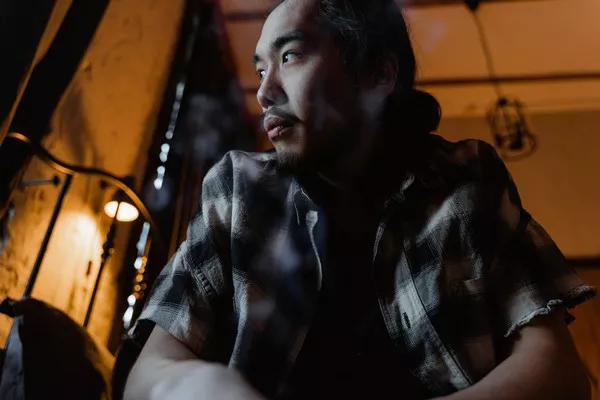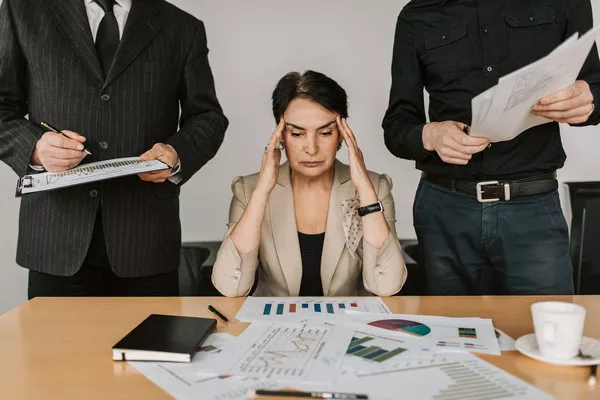Ryan Pini, a four-time Olympic swimmer from Papua New Guinea, has recently been appointed as the International Olympic Committee’s (IOC) mental health ambassador. His new role focuses on breaking down barriers to emotional well-being, particularly in regions like Oceania, where stigma surrounding mental health remains pervasive.
“It is a true privilege to take on this role,” Pini stated, emphasizing his commitment to advocating for culturally sensitive support and education regarding mental health for athletes globally. His motivation for this advocacy is deeply personal, stemming from his own experiences. Reflecting on a challenging period in 2009, Pini recounted a time when he struggled with motivation and interest in swimming. “I was arriving late and leaving early; I wasn’t putting in any effort… I didn’t understand what was happening, so I decided to do a bit of research online, and the first thing that popped up was about mental health, which took me by surprise a little bit—I always thought it wouldn’t happen to me.”
With the support of his coach and family, Pini began to address what he later recognized as a mental health issue. This experience helped him realize the importance of open conversations about mental health challenges. “You don’t have to be an expert; just being able to have that conversation about how you feel is very important,” he asserted, highlighting the need for safe spaces for dialogue.
Pini’s advocacy aims to broaden understanding of mental health issues and encourage athletes, particularly those from regions where such topics remain taboo, to share their struggles. His involvement with the Papua New Guinea Olympic Committee (PNGOC) and the Oceania National Olympic Committees (ONOC) has allowed him to promote emotional well-being at events like the Oceania Athletes’ Forum, where he facilitated workshops designed to initiate conversations around mental health. Pini noted that in some communities, the concept of mental health is scarcely acknowledged, saying, “It was very interesting to hear how difficult it is for some people to talk about it. In many places, it’s as if the concept of mental health doesn’t even exist.”
The IOC’s efforts to address mental health in sports align closely with Pini’s mission. Following the implementation of mental health initiatives at the Paris 2024 Olympics, the IOC has introduced the “Mental Health Guidelines for Major Sports Events.” These guidelines aim to set a new standard for psychological care within the Olympic Movement, providing essential resources to ensure that effective mental health measures are integrated into the planning of sporting events.
Organizers are encouraged to support athletes at all stages of competition, from pre-competition preparation to post-competition recovery, to safeguard their emotional well-being and promote the importance of mental health. Kim Jae-youl, President of the International Skating Union, affirmed this perspective, stating, “Mental health is just as vital to an athlete’s success as physical fitness. We understand that elite athletes face immense pressures, and it is our responsibility as an organization to create environments that prioritize their mental well-being.”
The mental health program introduced for the Paris 2024 Olympics marks a significant advancement in supporting athletes’ mental wellness. Notably, the event will feature an online abuse prevention program that uses artificial intelligence to monitor and filter social media interactions, protecting athletes from online harassment—a growing concern in the digital age. Additionally, the Athlete365 Mind Zone in the Olympic Village will offer a space for athletes to relax and practice mindfulness, featuring creative outlets such as postcard writing and painting, along with virtual reality experiences to help manage competition-related stress.
Vincent Gaillard, Chief Executive of World Rowing, commended the IOC for enhancing access to mental health services through early prevention and treatment, underscoring the importance of facilitating athletes’ mental preparation routines. Pini’s emphasis on cultural sensitivity resonates with the IOC’s commitment to providing adaptable resources, ensuring that cultural and situational factors are considered in supporting athletes worldwide. He aims to develop programs that empower athletes to express themselves freely, without fear of judgment or misinterpretation.
Looking ahead, the IOC launched a Mental Health Action Plan in 2023 as part of its Olympic Agenda 2020+5, reinforcing its commitment to mental health. This plan includes an e-learning course, “Mentally Fit,” which equips athletes and their teams with techniques to enhance mental resilience and incorporate mindfulness into their daily lives.
Dr. Andrew Massey, FIFA’s Chief Medical Officer, emphasized the necessity of safeguarding mental health in sports, stating that “protecting the mental health of everyone involved in sports is imperative to provide an environment in which all athletes can thrive.” As Pini continues his work, he brings a unique perspective shaped by his own psychological challenges and the obstacles faced by athletes in the Pacific region. He hopes his role as an IOC ambassador will inspire athletes to seek help and support, regardless of their background or the pressures they face.
The IOC’s Mental Health Guidelines for Major Sports Events are available in multiple languages, reinforcing the organization’s commitment to making mental health resources accessible and culturally relevant. This initiative will enable National Olympic Committees, Local Organizing Committees, and National Federations to implement these standards across a wide array of sporting events, ensuring that the mental health of athletes remains a priority.
Related topics:




























